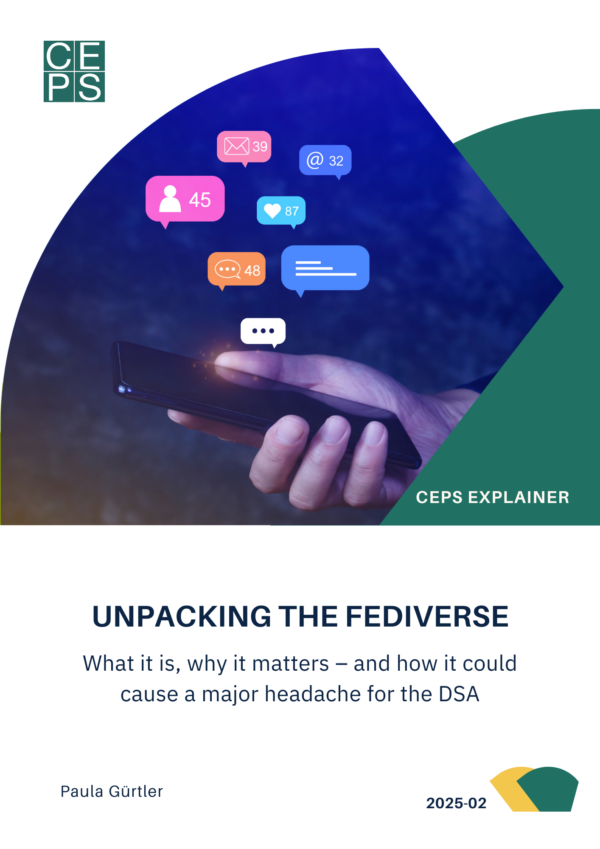The nuclear deal with Iran is often hailed as one of the few diplomatic successes of EU foreign policy. While the convening power of the European Union in ‘the making of’ phase of the Joint Comprehensive Plan of Action (JCPOA) has indeed been critical and well documented, there has so far been no independent assessment of the EU’s facilitating and mediating role in the implementation of the nuclear agreement.
This Policy Insights paper by Steven Blockmans and Astrid Viaud seeks to plug that gap. It analyses the tasks entrusted to the EU as the coordinator of the Joint Commission, the executive body overseeing the implementation of the agreement, evaluates how the EU has performed its duties and assesses whether the economic benefits that the EU derives from the lifting of nuclear-related sanctions and the opening of the Iranian market risk undermining its role as an honest broker.
This paper finds that the EU is accepted in the Joint Commission as a primus inter pares among the five permanent members of the Security Council, Germany and Iran. But two years since the signing of the nuclear deal, the real stress test is about to come. How the EU will cajole the administration of President Trump to keep the US wedded to the JCPOA will determine the future effectiveness of the nuclear deal, and also colour the legacy of the EU and its High Representative as a diplomatic actor on the global stage.
Steven Blockmans is Head of the EU Foreign Policy unit at CEPS and Professor of EU External Relations Law and Governance at the University of Amsterdam. Astrid Viaud is a PhD candidate at Université Catholique de Louvain and an intern at the EU Foreign Policy unit of CEPS.
No. of pages: 15
CEPS Policy Insights offer analyses of a wide range of key policy questions facing Europe. As an institution, CEPS takes no position on questions of European policy. Unless otherwise indicated, the views expressed are attributable only to the authors and not to any institution with which they are associated.

1000-1300x731.jpg)
1000-20x15.jpg)











